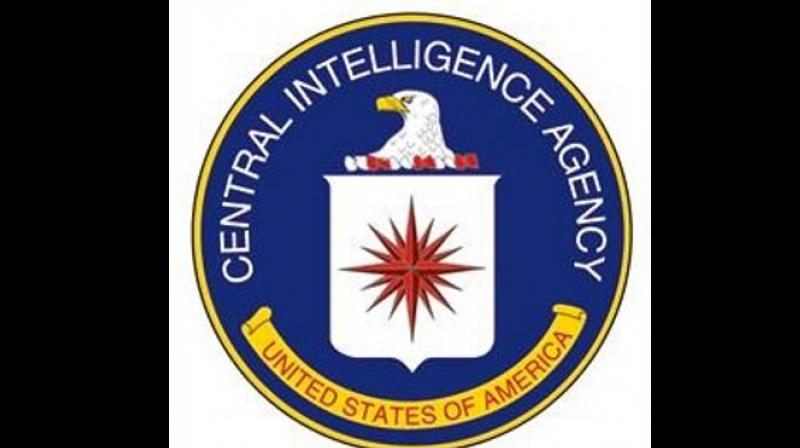US: CIA publishes guidelines for handling Americans' info

Washington: The Central Intelligence Agency has published its guidelines for how it collects, stores, searches, and shares information about Americans for the first time, two days before Donald Trump takes office. New rules put limits on those who can search it and require they give a reason.
While some of the policies haven't been updated since 1982, others have been changed, reflecting radical developments in technology over the past three decades and the CIA's effort to be more transparent and protect Americans' privacy and civil liberties, the spy agency said on Wednesday.
The changes will go into effect on March 18. The revised, unclassified guidelines have been in the works for years, CIA General Counsel Caroline Krass said. But the timing of the announcement, shortly before Trump's inauguration, suggests officials prioritised their completion before President Barack Obama left office.
The incoming Trump administration could undo the changes, though doing so would likely be a complicated and time-consuming process.
"This is a significant step for us," Krass told reporters.
The CIA operates under a 1981 presidential order that is not overseen by the US courts. The agency focuses its spying outside the US, but sometimes it inadvertently collects information on Americans.
The new guidelines impose a five-year time limit for how long the agency can hold onto certain information on Americans that has not been reviewed or evaluated. There is also a new 25-year time limit for when it has to purge routine information, such as foreign business records, that have not been reviewed.
Also new policies are regulating which employees can access this type of information, and a system that creates a digital trail of all who search for such data and why. These activities will be subject to occasional audits, the agency said.
"These rules lack basic privacy protections for Americans. They allow the CIA to collect communications in bulk, to retain that information in CIA databases for years, and to comb through it for the personal data of individual Americans," said Patrick Toomey, an attorney with the American Civil Liberties Union, which has been critical of the US intelligence agencies' collection authorities and oversight.

